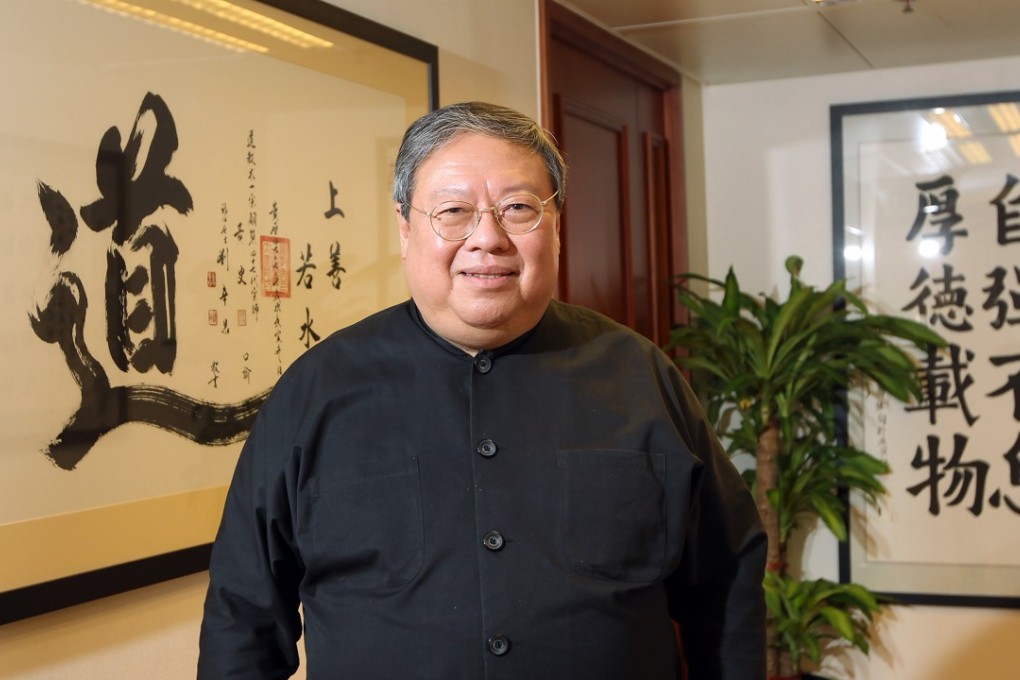Learn rules of doing business abroad
The arrest in the US of Patrick Ho, a former senior Hong Kong official who now represents a mainland Chinese firm, shows the pitfalls of not following the laws and practices in foreign markets

The legal pitfalls of doing cross-border business in the United States are not totally uncharted territory. HSBC, for one, can vouch for that, having paid a huge fine five years ago for lapses in compliance with anti-money-laundering laws. So can the 13 firms with Chinese links among 26 punished by US authorities last year for violating the Foreign Corrupt Practices Act, which prohibits payments to officials to help obtain business. But the arrest of a former senior Hong Kong official with close ties to the mainland on charges of violating both the act and anti-money-laundering laws has caused consternation, and fuelled speculation that the arrest was politically inspired. Even without details of charges that carry up to 20 years in jail, the arrest of Patrick Ho Chi-ping has also prompted instant reflection on accepted ways of doing business in China as more mainland companies go abroad.
The charges against Ho, 68, arise from the alleged use of the US banking system to process bribes of US$2 million and US$500,000 to Chad’s president and a Ugandan minister respectively to obtain oil rights for a Shanghai-based firm he represents, under the guise of donations originating from Hong Kong. Ho denies through his lawyer he offered a bribe and Chad has denied its president received one.
In dealing with such sums, if anyone could be expected to have been alert to the primacy of American banking laws, and the proverb “when in Rome do as the Romans do”, it should have been someone whose CV reads: former secretary for home affairs in the administrations of Tung Chee-hwa and Donald Tsang Yam-kuen, member of China’s national political advisory body, member of the HKSAR Preparatory Committee, professor of eye surgery at Chinese University. We trust Ho can refute the charges and uphold his reputation at home and abroad.
A measure of the reaction from mainland media and netizens is that the arrest was linked to news of an oil supply deal between the Shanghai energy company and Russia’s state-owned petroleum company, and to US sensitivity about Russian geopolitical rivalry.